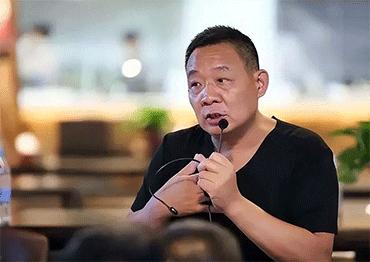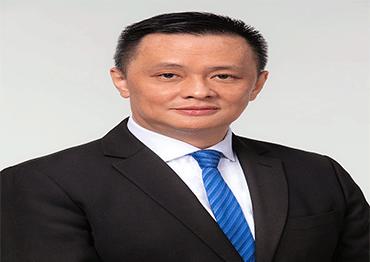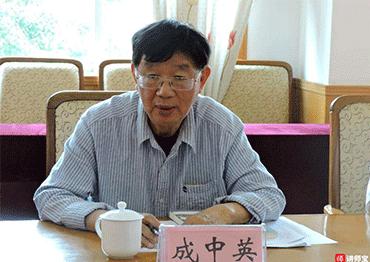“Local governments nationwide should pay more attention to the street stall economy, which makes significant contributions to employment. Local governments should prioritize employment over a city’s appearance and provide local stall owners with proper space and support.”
Wang Xiaolu, deputy director of the National Economic Research Institute, on the WeChat account of the China Association of Employment Promotion in late March.
“I just want them to see what the world is like... We cannot live like a frog at the bottom of a well that can only see the little patch of sky. We have to stand on top of the world to see it, and ourselves.”
Yu Donglai, founder of Pang Dong Lai Supermarkets in Xuchang, Henan Province, on why he provides free trips overseas to employees at a recent business forum. The chain is known for its exceptional treatment of employees.
“Before the visit, we worried that some thinktankers would be reluctant to speak with us. It turned out that they all welcomed us. They believe that no matter whether China and the US are in a state of competition or confrontation, communication is necessary. One of the scholars said that even arguing is better than not speaking.”
Sun Chenghao, assistant researcher at the Center for International Security and Strategy, Tsinghua University, on his latest meetings with American strategists and scholars from March 10-15 in an interview with guancha.cn.
“It’s the power of the market economy -- people are voting with their feet, and its completely of their own initiative. Although the Shenzhen government has launched many measures, it is the Chinese mainland’s market potential, quality products and improved services that are attracting Hong Kongers.”
Lawrence Tang Fei, a legislative councilor in the Hong Kong Special Administrative Region, on why more Hong Kongers are traveling to Shenzhen for shopping and entertainment on weekends and during holidays in a recent interview with guancha.cn.
“A clash of civilizations is not inevitable. Conflict is a feeling of confrontation and insecurity under certain conditions. Fear and hostility to foreign things is shaped by cultural mentality, not culture itself, so I hold a contrary attitude towards the theory of clash of civilizations.”
Cheng Zhongying, a philosopher and leading figure in modern Confucianism, in a March interview with China News Service.
“The key to revitalizing the Chinese economy is to reposition the industrial system as a major driver of growth. China needs to implement a major expansionary macropolicy, no matter whether people label it as ‘monetary easing’ or ‘stimulus.’ We have to enable the industrial system, which has long been suppressed by liquidity constraints and capacity reduction campaigns. Once the industrial system returns to a path of growth, technological progress and innovation will accelerate, and emerging industries will rise.”
Lu Feng, a professor at Peking University, in a March 18 article on news portal guancha.cn.
“The US’s generalizing of the concept of national security, arbitrarily changing rules and tightening export controls have not only set more barriers to normal economic and trade cooperation between Chinese and American enterprises, but also greatly increased uncertainties in the global semiconductor industry. This has severely impacted the win-win cooperation between Chinese and foreign enterprises and also impaired their legal rights and interests.”
An unnamed spokesperson from China’s Ministry of Commerce in response to the US’s further upgrading of export controls on semiconductors on March 31.
“The importance of theses written based on international research collaboration lies in the fact that they will be read more globally. Some universities, despite their significant research output, remain low in global reputation and influence because of a relatively low proportion of international research collaboration.”
Liu Hong, an associate researcher at the Fudan Development Institute, and Zhang Duanhong, director of the Education Policy Research Center at Tongji University, calling for Chinese universities to increase international technological cooperation in their article for China Science Daily in late March.

 Old Version
Old Version



